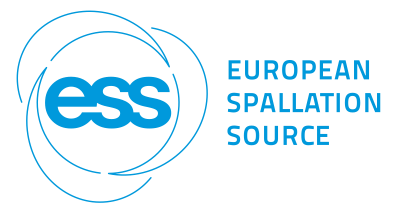Speaker
Mr
Jeppe Lyngsø
(Aarhus University)
Description
Jeppe LyngsøΔ, Eva Maria Steiner#, Jodie Guy#, Gleb Bourenkov¤, Ylva Lindqvist#, Thomas R. Schneider¤, Gunter Schneider#, Robert Schnell#, and Jan Skov PedersenΔ
ΔDepartment of Chemistry and Interdisciplinary Nanoscience Center (iNANO), Aarhus University, Gustav Wieds Vej 14, DK-8000 Aarhus, Denmark
#Department of Medical Biochemistry and Biophysics, Karolinska Institutet, S-17 177 Stockholm, Sweden
¤Hamburg Unit c/o DESY, European Molecular Biology Laboratory (EMBL), Notkestrasse 85, 22603 Hamburg, Germany.
The ATSAS package is probably the most widely used program package for analysis of SAXS data on biomolecules and biomolecular assemblies. However, in connection with recent work on several projects, we have experienced short-comings with the available programs. The most restrictive circumstance is that only executable programs are available, thus limiting the application to ‘standard’ projects that fall within the range of applications considered by the authors of the programs. For example, modelling protein-detergent complexes and inclusion of structure factors to describe inter-particle interactions are not possible within ATSAS. This together with a somewhat inconsistent description of hydration layers of composite structures, and the need for faster tools have motivated us to develop alternative programs.
In this talk, we will present one of these projects as a case study, where the new rigid-body refinement methods have been developed and utilized with great success in parallel with the traditional approaches, so that comparisons are possible. A bacterial enzyme, involved in remodeling of periplasmic peptidoglycan structures, and its various recombinant constructs have been characterized by solution SAXS. Data from both SAXS instruments at Aarhus University have been utilized in the project. Probable solution structures were determined and verified by various approaches for the individual constructs based on known high-resolution structures of the domains and ab initio modelling. This contributed valuable information to the overall collaborative study on this interesting enzyme.
Author
Mr
Jeppe Lyngsø
(Aarhus University)
